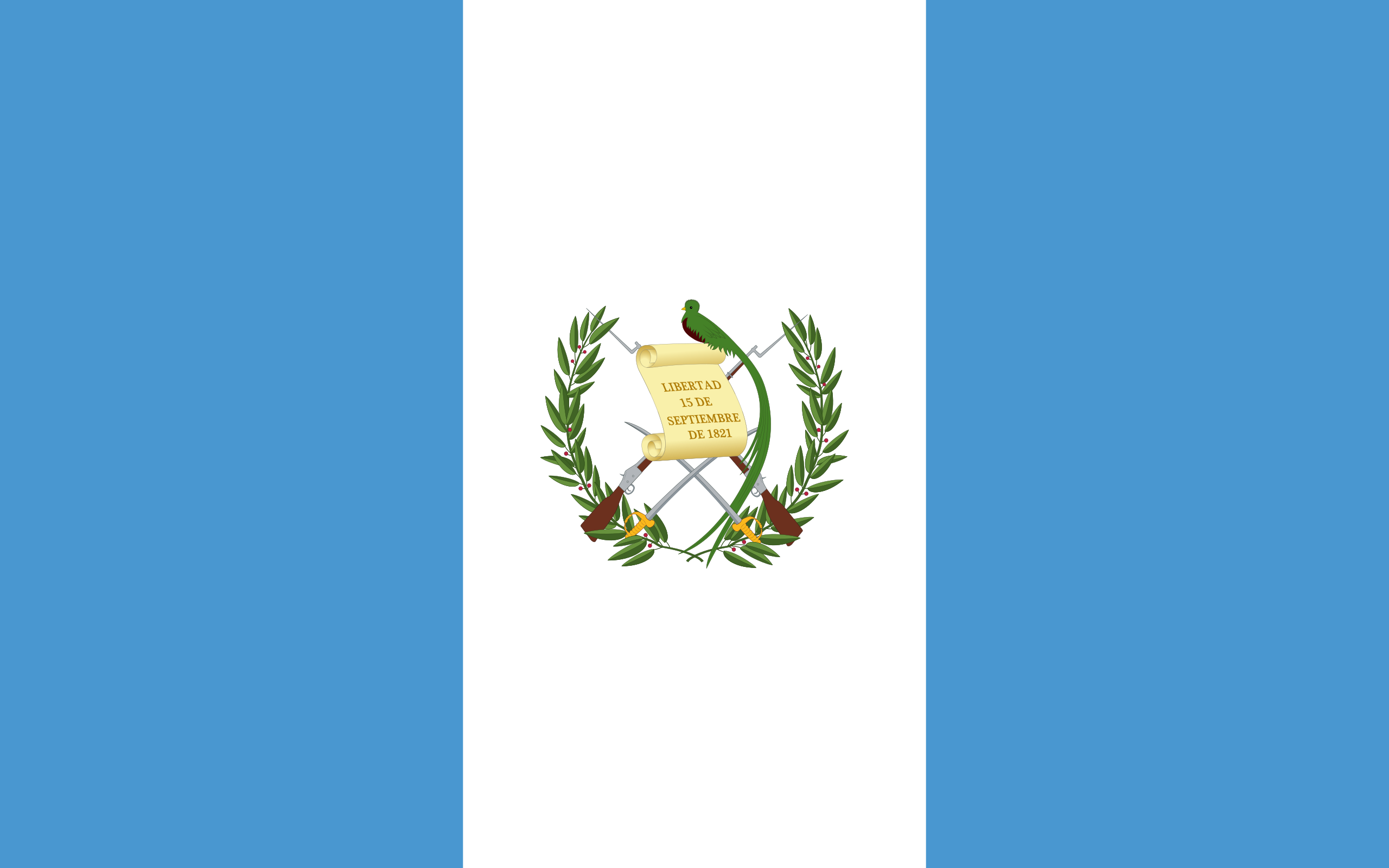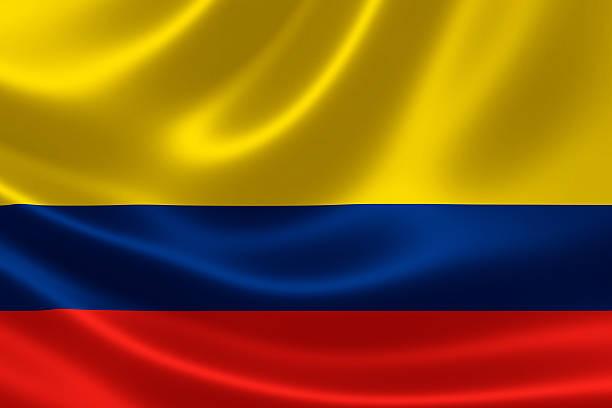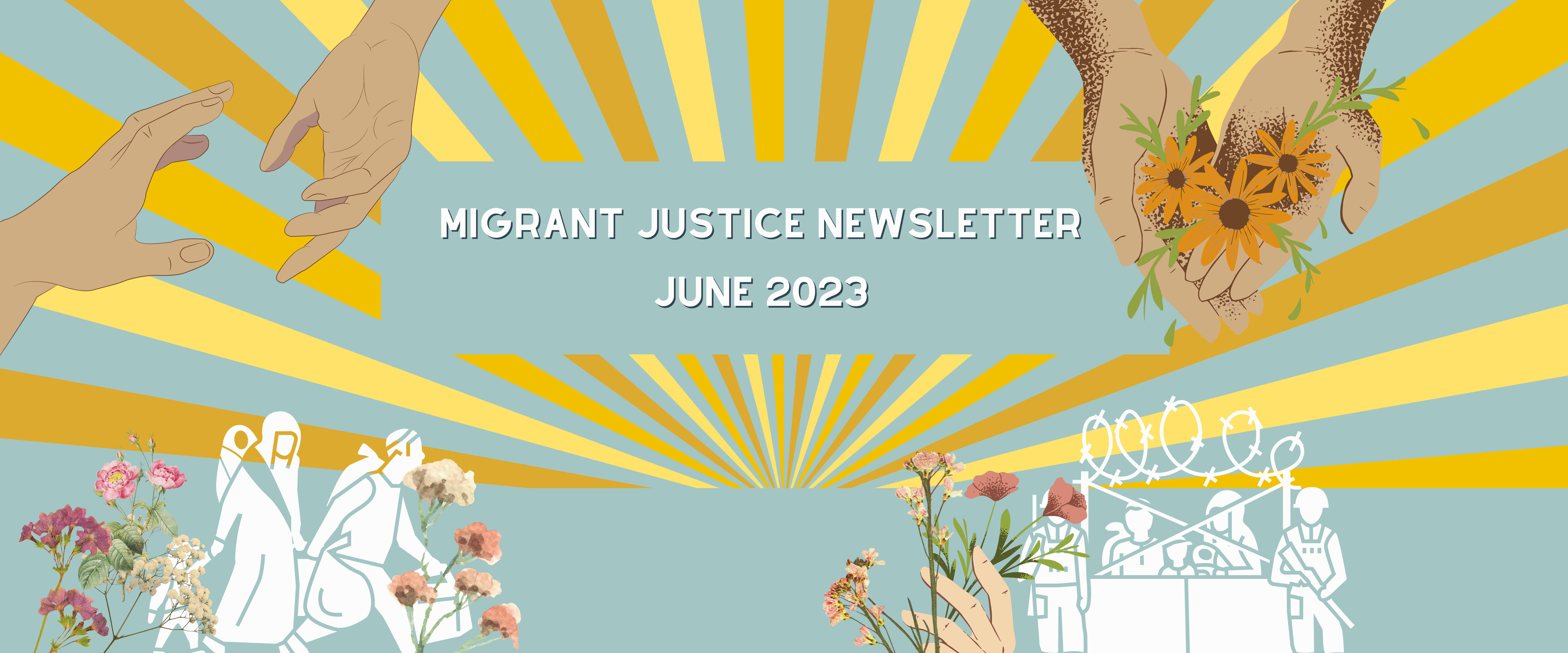For decades the United States has armed and supported military and paramilitary forces around Central America in its fight to oppress challenges to global capitalism. In this glorious struggle no means and violent actions were too extreme for "the nation of freedom and liberty," no matter who the victims were. Especially under the Reagan administration, violence by US-trained and armed forces ramped up, with one of the most devastating acts being the El Mozote massacre of December 1981 when the Salvadoran Army's Atlácatl Battallion killed more than 800 civilians, including children, in the small village in northern El Salvador.
In this period of war crimes one of Reagan's most important supporters was Elliott Abrams, who served under President Reagan in the US State Department as both Assistant Secretary of Human Rights and Assistant Secretary of Inter-American Affairs. From the beginning on Abrams' was a strong supporter of the US's insurgency policies and a strong defender of dictators like Ríos Montt in Guatemala under who's regime mass murder, rape and torture were committed against the Ixil Mayan people, events later classified as a genocide by the United Nations. When asked about the US's record on El Salvador in 1994, Elliott Abrams called it a "fabulous achievement."
Thirty years after the end of his initial service in the State Department under Ronald Reagan, Donald Trump brought Abrams back to the forefront of international politics as the United States Special Representative for Venezuela, were he represented the US's policy of starving the nation and support of the attempted coup in Venezuela. In 2020 Abrams additionally took over as Special Representation for Iran, pushing sanctions that harmed the Iranian civilian population.
Now the Biden Administration is sending to the US Senate Foreign Relations Committee the nomination of Elliott Abrams to join the State Department Bipartisan Advisory Commission on Public Diplomacy. It is clear that Elliot Abrams does not belong in another US administration. Please urge all Committee members to oppose his deployment.
You can help in our (and other human rights groups') efforts.
TAKE ACTION
1) Click here to see if your US senator is a member of the Senate Foreign Relations Committee. Urge them to oppose the nomination of Elliott Abrams.
2) Send a message to your US senator even if they are not a member of the Senate Foreign Relations Committee. Tell them that if this comes up for a vote in the full US Senate, you urge them to oppose the nomination of Elliott Abrams. You can find contact info for your US senators at https://www.senate.gov/
3) Send a message to your US congressperson. Tell them that if this comes up for a vote in the full US House, you urge them to oppose the nomination of Elliott Abrams. Take action at https://afgj.salsalabs.org/oppose-elliott-abrams-nomination/index.html





